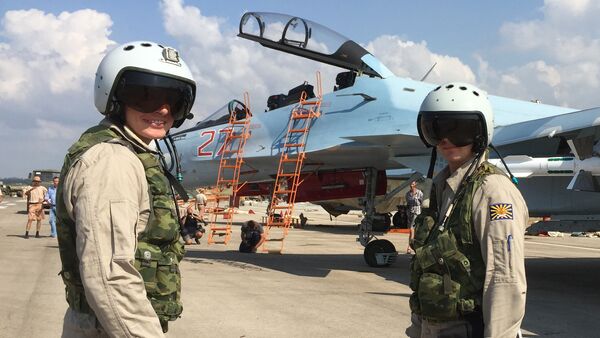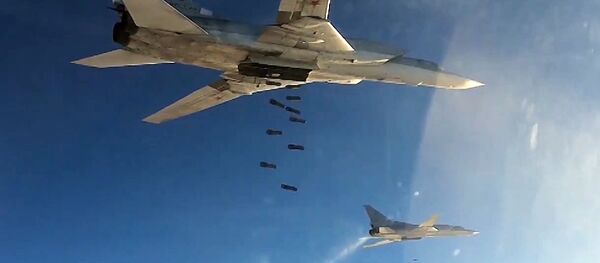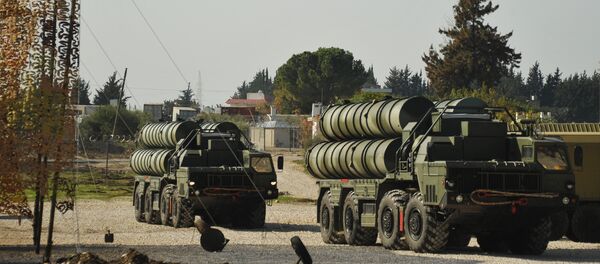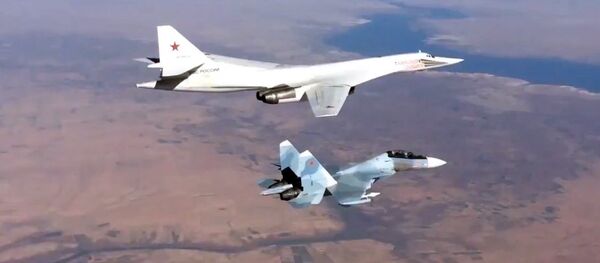The expert notes that it may well be remembered as the year in which the US, perhaps irrevocably, abandoned its role as the guarantor of the Middle Eastern political order.
And the impression is, he adds, that Washington is very reluctant to use its power to try to shape Middle Eastern realities.
Meanwhile Russia’s intervention in Syria was a “dramatic demonstration of how this is playing out”.
“He also carefully watched the growing role in Syria of Iran, Hezbollah and Iraqi Shia militias. From all this, he correctly concluded that he could intervene in Syria without any serious pushback from Washington.”
Russia’s actual military and economic power is dwarfed by that of the US, Ibish goes on.
“But Russia has the will to act and to try to shape outcomes to suit its purposes while, at least in Syria, the US does not. It’s going to be extremely difficult for any future American administration to reverse, let alone fully correct, the impression created recently, especially in 2015, that the US has lost, or voluntarily surrendered, much of its regional influence.”
And while the past year provided a great deal of clarity in the region that has often been opaque, the responsible parties should be chosen wisely.





